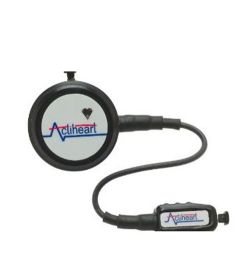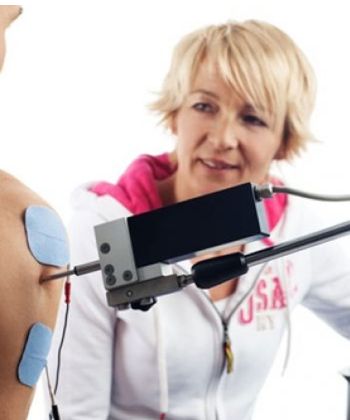Clinical Research

Actiheart
The Actiheart is a compact, chest-worn monitoring device that records heart rate, Inter-Beat-Interval (IBI), and physical activity in one combined, light-weight waterproof unit.

MotionWatch
The MotionWatch is one of the most unobtrusive Actigraphy devices available, leading to high patient compliance. With an in-built ambient light sensor and event marker, the MotionWatch provides the ideal solution for long-term recording with no interruptions for battery charging.
- Compact and lightweight: less than 10 grams
- Clips onto two ECG electrodes worn on the chest
- Non-invasive technology with waterproof design.
- Light-weight waterproof wrist worn actigraph.
- USB data transfer eliminates need for a reader.
- Records up to 120 days with a 1 minute epoch.

PRO-Diary – Electronic Diary with Motion Analysis
The PRO–Diary is a compact wrist–worn electronic diary with an integrated activity monitor designed to collect Patient Reported Outcome (subjective data) and Actigraphy (objective data) simultaneously.

TMG - Functional Muscle Diagnostics
Tensiomyography is non-invasive, practical, fast and reliable. It helps to quantify rehabilitation or training progress and provides an objective assessment of the efficacy of a treatment protocol. TMG™ Functional Muscle Strain Diagnostics inherently assesses the functional capacity of an injured muscle within minutes. Individual muscle heads can be measured in isolation providing unique, selective information.
- The patient can report on symptoms, effect, behaviour and cognitions closely in time to experience, and these reports are obtained many times over the course of a study.
- Integrated accelerometer provides activity and sleep data.
- Key tool for Ecological Momentary Assessment (EMA).
- The PRO–Diary can offer much higher levels of compliance than paper based alternatives.
- Functional Muscle Strain Diagnostics assessment helps determine the extent of injury-induced dysfunction and the muscle’s remaining functional capacity
- Comparison with the uninjured contralateral muscle helps monitor early phase recovery
- Functional Muscle Strain Diagnostics measurements help determine recovery of functional capacity, so more effective and efficient rehabilitation can be safely administered
- Informs how muscle function is affected and which safety limits apply in rehabilitation.